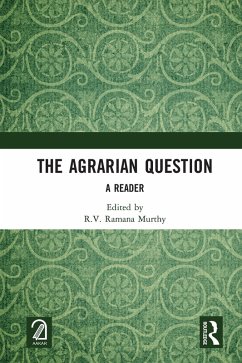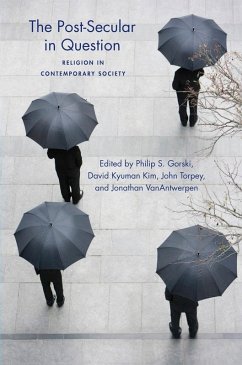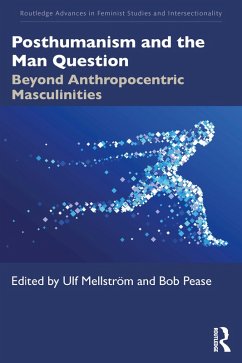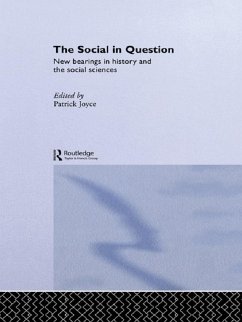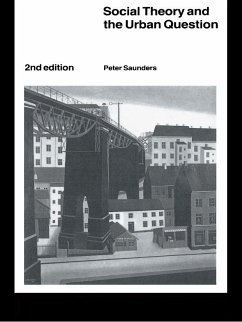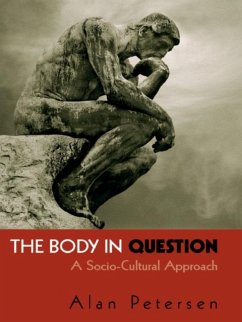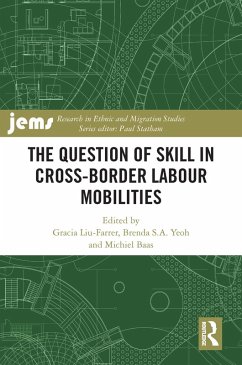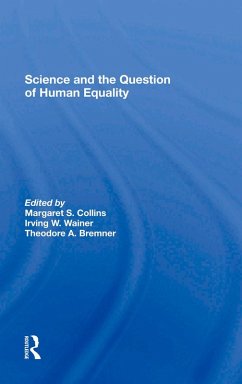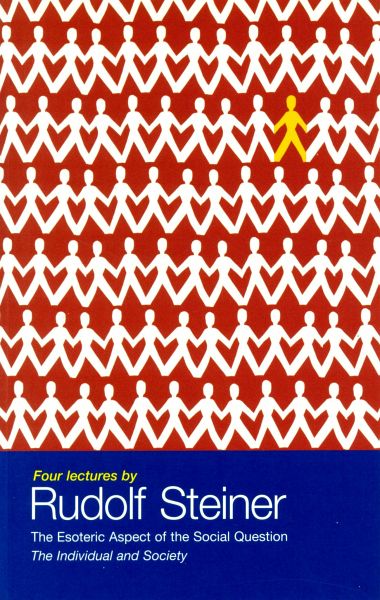
The Esoteric Aspect of the Social Question (eBook, ePUB)
The Individual and Society
Übersetzer: Wehrle, P.

PAYBACK Punkte
0 °P sammeln!
Although recent years have seen major advances in science and technology, the social aspect of life still presents major problems for western societies. The general increase in destructive, antisocial behaviour over past decades has raised the profile of social issues, yet effective ideas to tackle the difficulties are often nowhere to be found. Many decades ago, Rudolf Steiner suggested new ways of organizing society and engaging with social questions. This book presents his inner, esoteric perspective on such concerns. The starting point, asserts Steiner, must be the proper valuing of the hu...
Although recent years have seen major advances in science and technology, the social aspect of life still presents major problems for western societies. The general increase in destructive, antisocial behaviour over past decades has raised the profile of social issues, yet effective ideas to tackle the difficulties are often nowhere to be found. Many decades ago, Rudolf Steiner suggested new ways of organizing society and engaging with social questions. This book presents his inner, esoteric perspective on such concerns. The starting point, asserts Steiner, must be the proper valuing of the human element in the world, and a deeper understanding of its relation to nature and the cosmos. The organization of society cannot be made in an arbitrary way, but should reflect the relationship of human beings to the spiritual world. Steiner goes on to discuss the threefold archetype of social life - the political state, economics, and the spiritual/cultural aspect - and how these can interact in a healthy way, leading to a vibrant, evolving society.These popular lectures - originally published as The Inner Aspect of the Social Question - appear here in a new translation and with the addition of a previously unpublished lecture.
Dieser Download kann aus rechtlichen Gründen nur mit Rechnungsadresse in A, B, BG, CY, CZ, D, DK, EW, E, FIN, F, GR, H, IRL, I, LT, L, LR, M, NL, PL, P, R, S, SLO, SK ausgeliefert werden.




